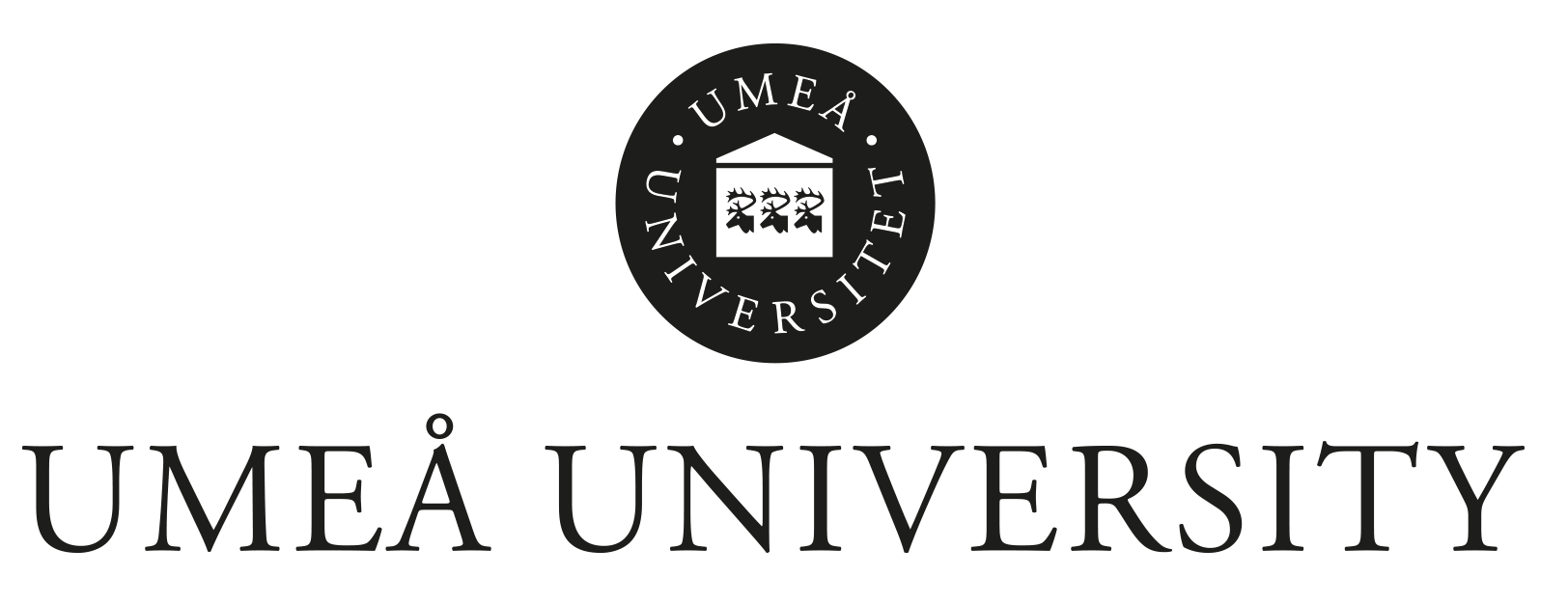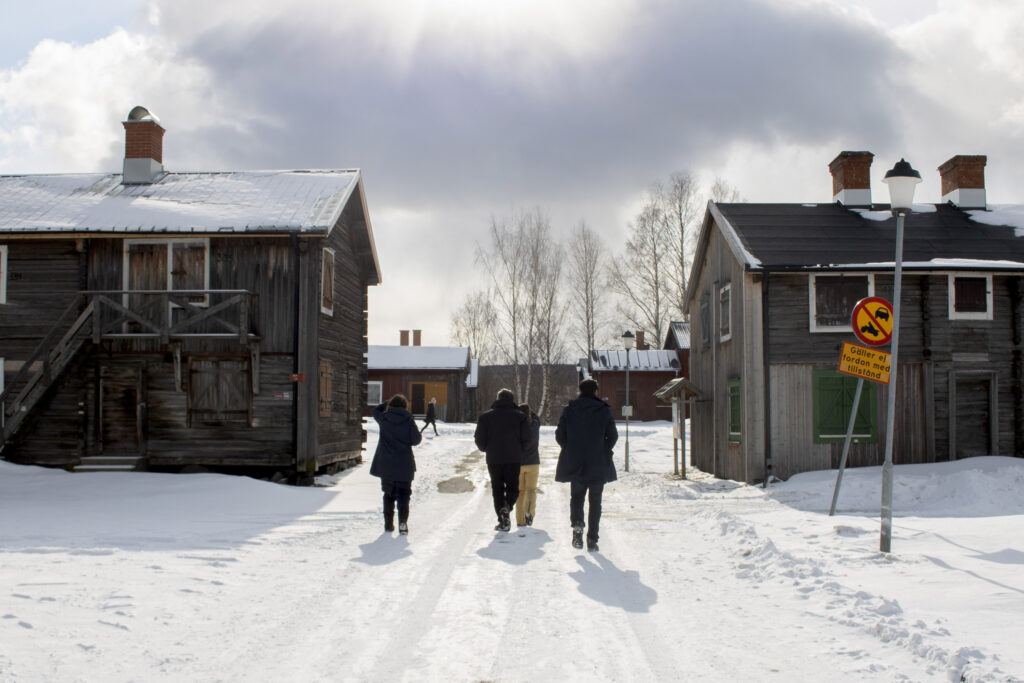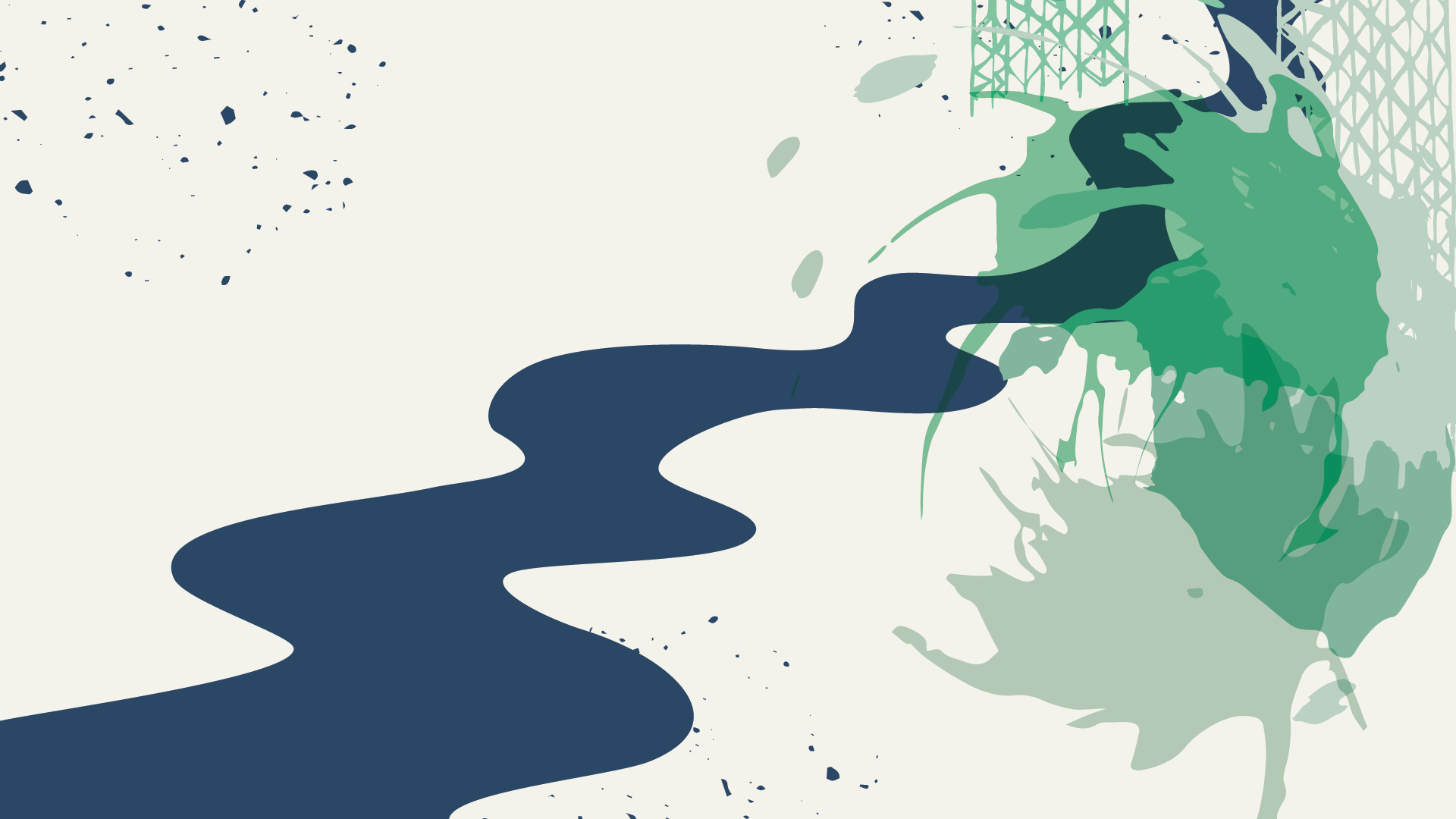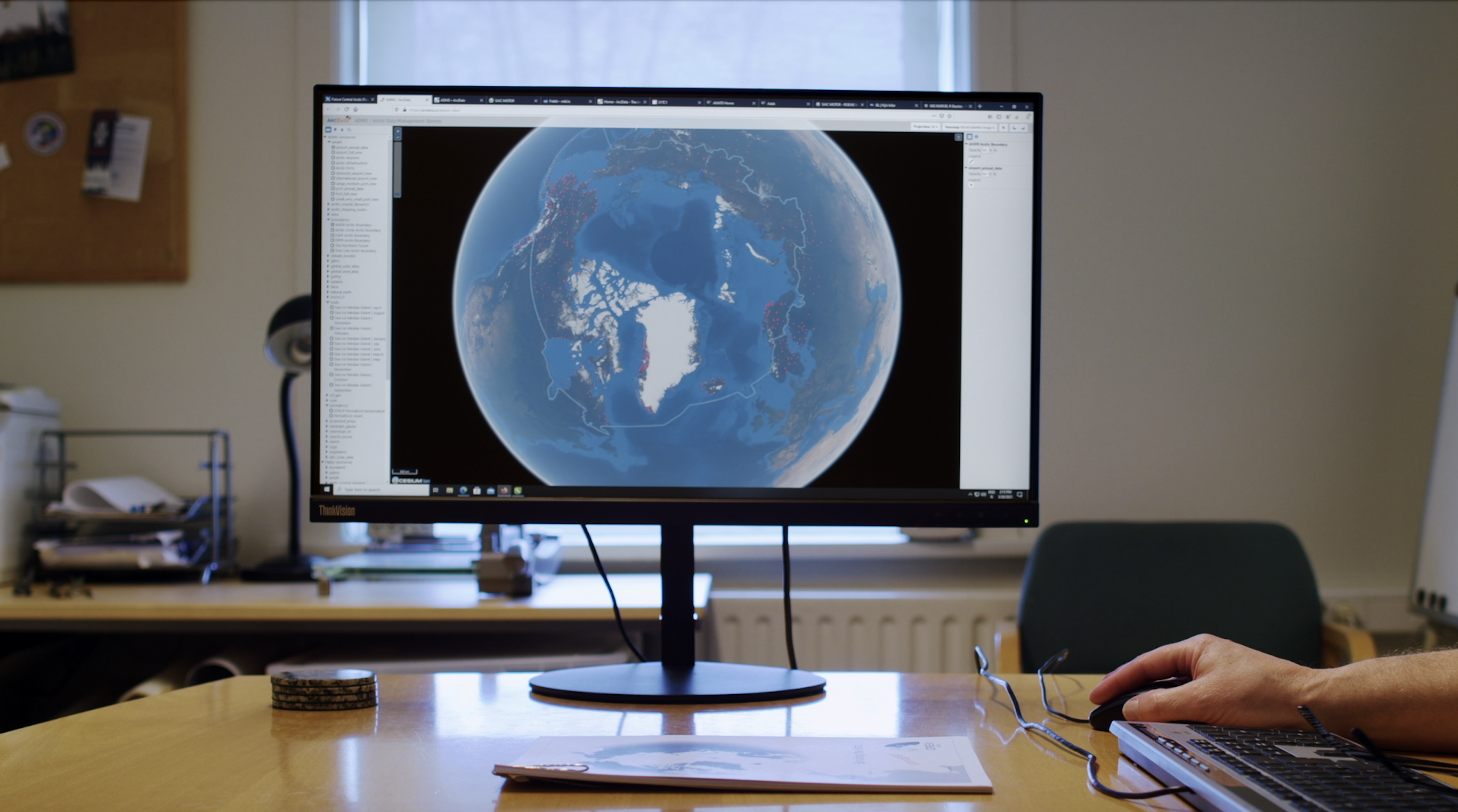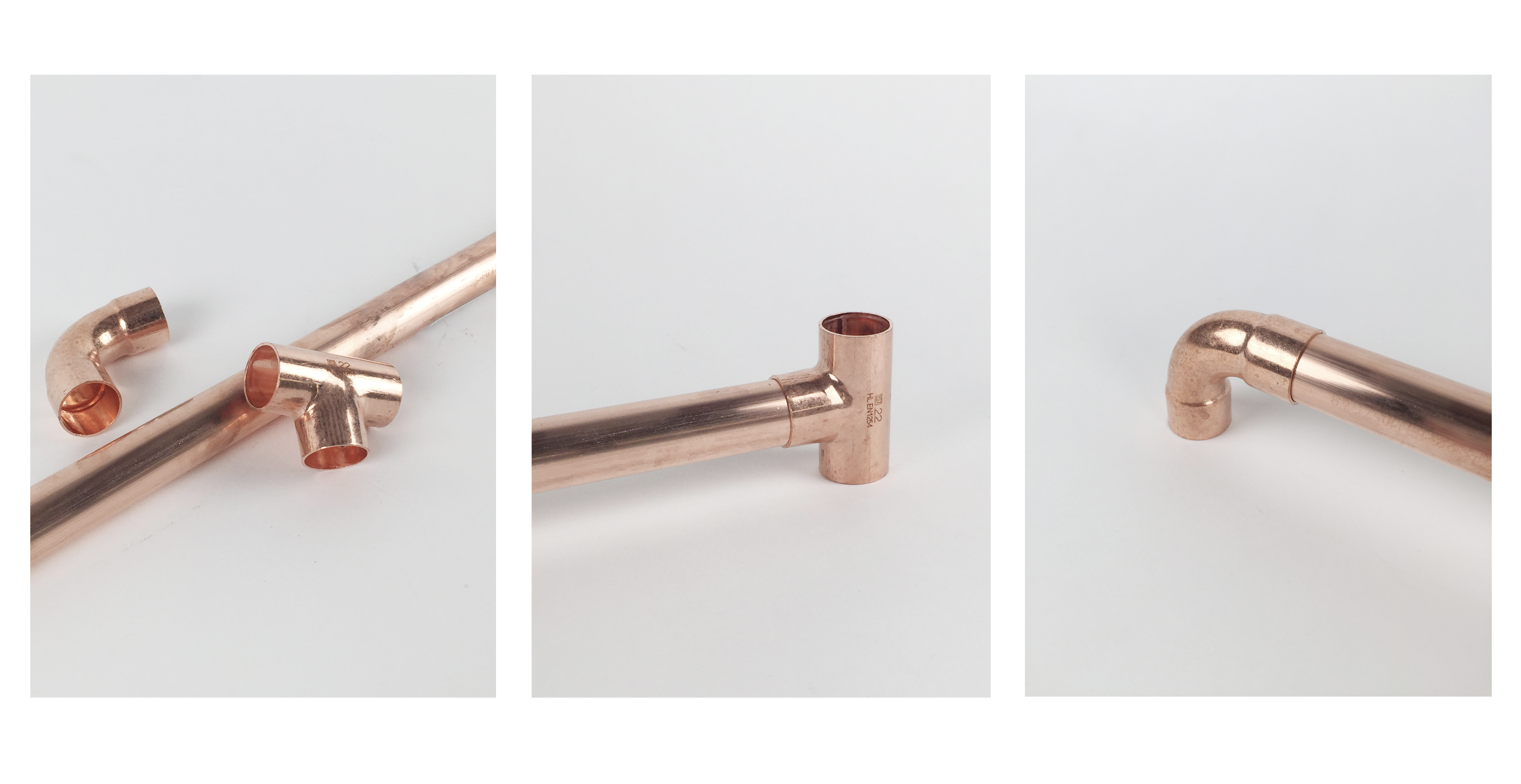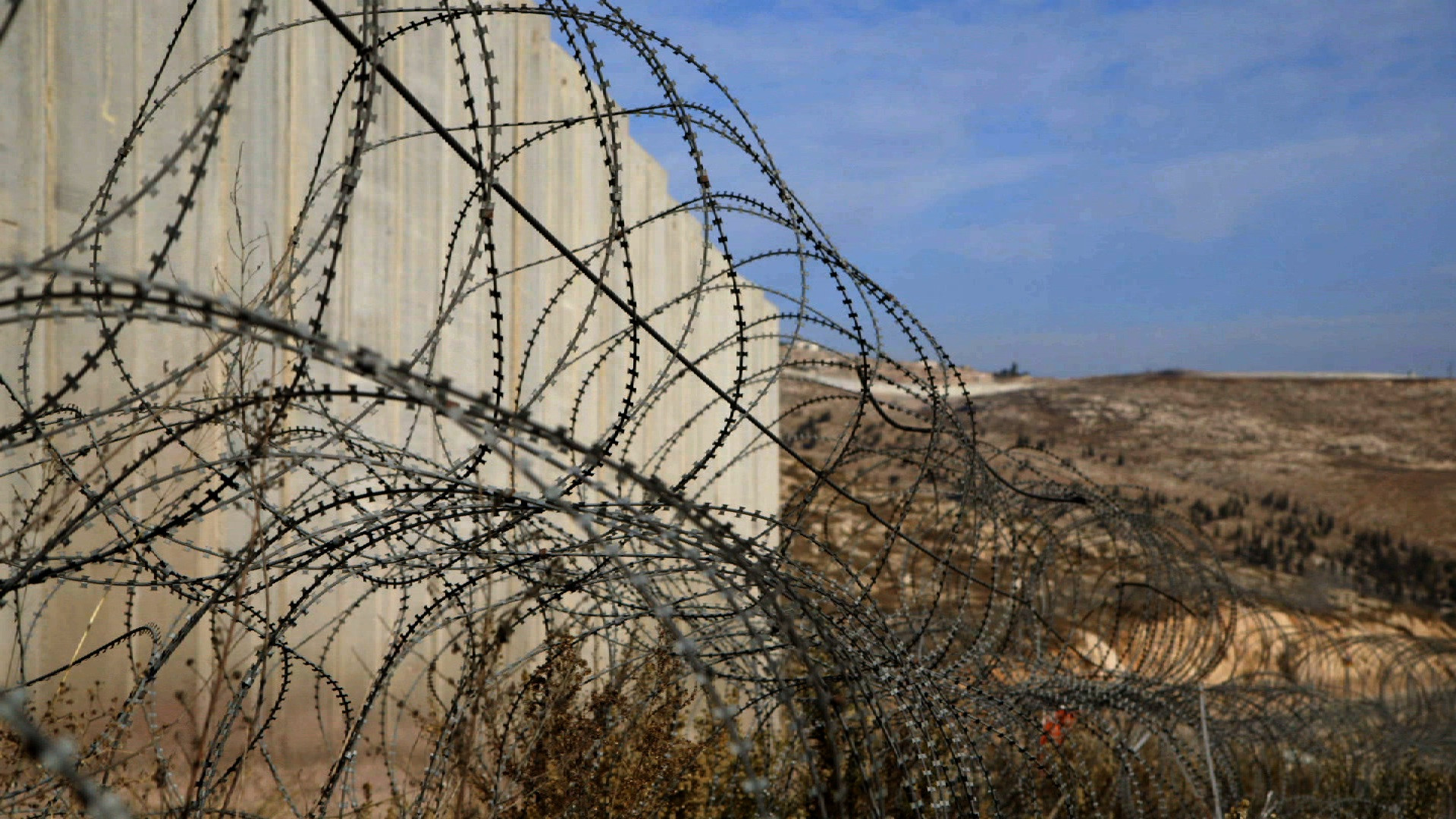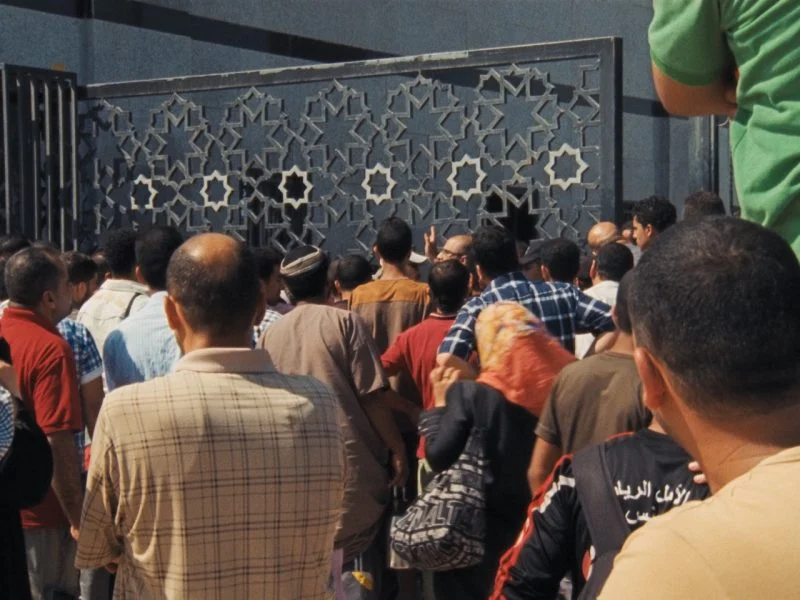The UmArts Displacement and Hospitality working group brings together researchers from different disciplines exploring the relationships between host and guest in relation to migration and displacement in the north of Sweden. Several researchers across UmArts are investigating the urgent relations of hospitality and care involved in moving between countries and cities, from the physical process of moving a house, to rethinking Swedish Building standards, and the challenges of addressing issues of migration and the right to work.
In 2022 the ‘Moving North’ project was awarded a New European Bauhaus / ArkDes Vision I Norr fund for developing proposals to increase social integration in the city by exploring forms of reciprocity between migrants, refugees and host communities. Moving North was a cross-sectoral team consisting of an artist, a curator, architects, a cultural geographer, architecture students and the organization Hej Framling. Based on a strong foothold in northern Sweden and with experience of both collaboration and participant-based methods in places with increased migration and relocation, Moving North critically explored how different placemaking processes can promote social participation and social sustainability. Their findings are recorded in the short film ‘Folketstad: A city of many parts’ 17:40 which address the challenges of restrictive migration and labour laws on people’s well-being at a time when the North is rapidly expanding and recruiting a new workforce.
The Moving North group presented their research at the Transformations 22 Conference ‘Artistic Research in a Time of Change’ at Vetenskapens hus, Luleå University of Technology, 17-18 November 2022; and at the European Conference in Umeå, February 2023.
